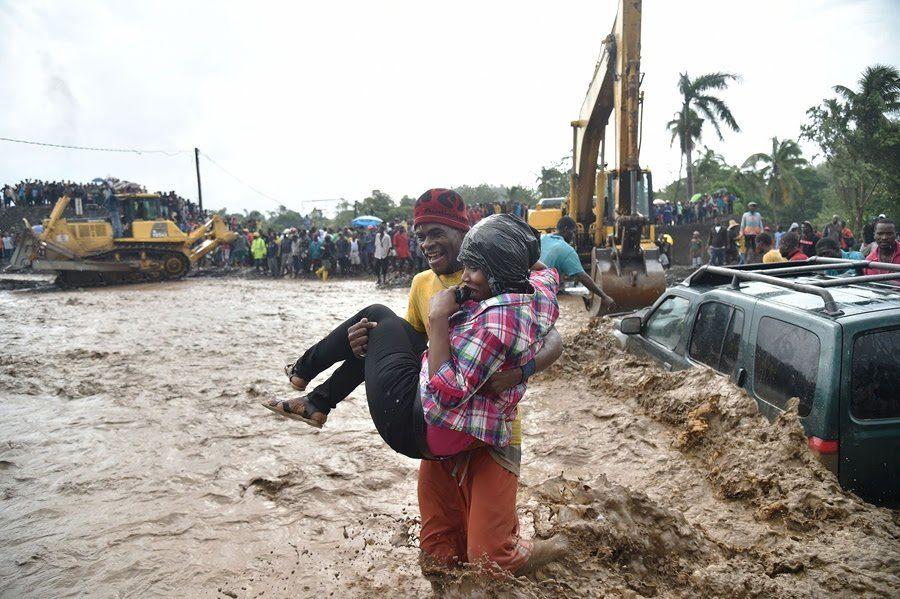Haiti needs help
October 12, 2016
News channels spend the majority of their newscast analyzing the 2016 presidential race, while limiting the 1.4 million displaced citizens of Haiti due to Hurricane Matthew to less than three minutes of airtime. This is ironic, as the hurricane was said to be the most powerful Atlantic storm since 2007, and the biggest humanitarian crisis since the earthquake in Haiti of 2010 that displaced 1.5 million people and left between $7.8 billion to $8.5 billion in damage (The Balance).
The storm has already killed nearly 1,000 people in Haiti, and the toll is expected to rise as rescue workers reach previously inaccessible areas (Aljazeera). Unfortunately, disaster is nothing new to Haiti which is one of the poorest nations in the western hemisphere.
Six years after being neglected following the crippling earthquake, this latest disaster worsens the damage still being dealt with to the devastated country. Many organizations, such as the Red Cross have supplied billions of dollars of aid to the disaster site, yet nearly 100,000 people still live under plastic tarps in displacement camps, and the poverty throughout the capital, Port-au-Prince, has increased (The Washington Post).
One reason Haiti is still impoverished may derive from the fact that a majority of the residents aren’t of European descent. Before Haiti became independent of French rule in 1804, Haiti was ranked the world’s richest and most productive colony (Wikipedia). Now, Haiti is among the top poorest countries in the world. After the country’s independence, it suffered on the world stage as foreigners were not willing to invest in a country that was not diplomatically recognized by Europe and the United States (Wikipedia). Presently, social media sites like Facebook and Snapchat had pray for France filters; however, not one was found for Haiti. Last November, when the first attacks on France occurred, millions of people worldwide showed their support, but that same support cannot be found for Haiti.
Despite the world’s vast cultures, countries need to come together to help each other, as we are all apart of the human race. A natural disaster sees no race, religion, culture, or border, and it poses a threat to everyone. Therefore, nations need to work together in order to enhance the safety around the globe.










